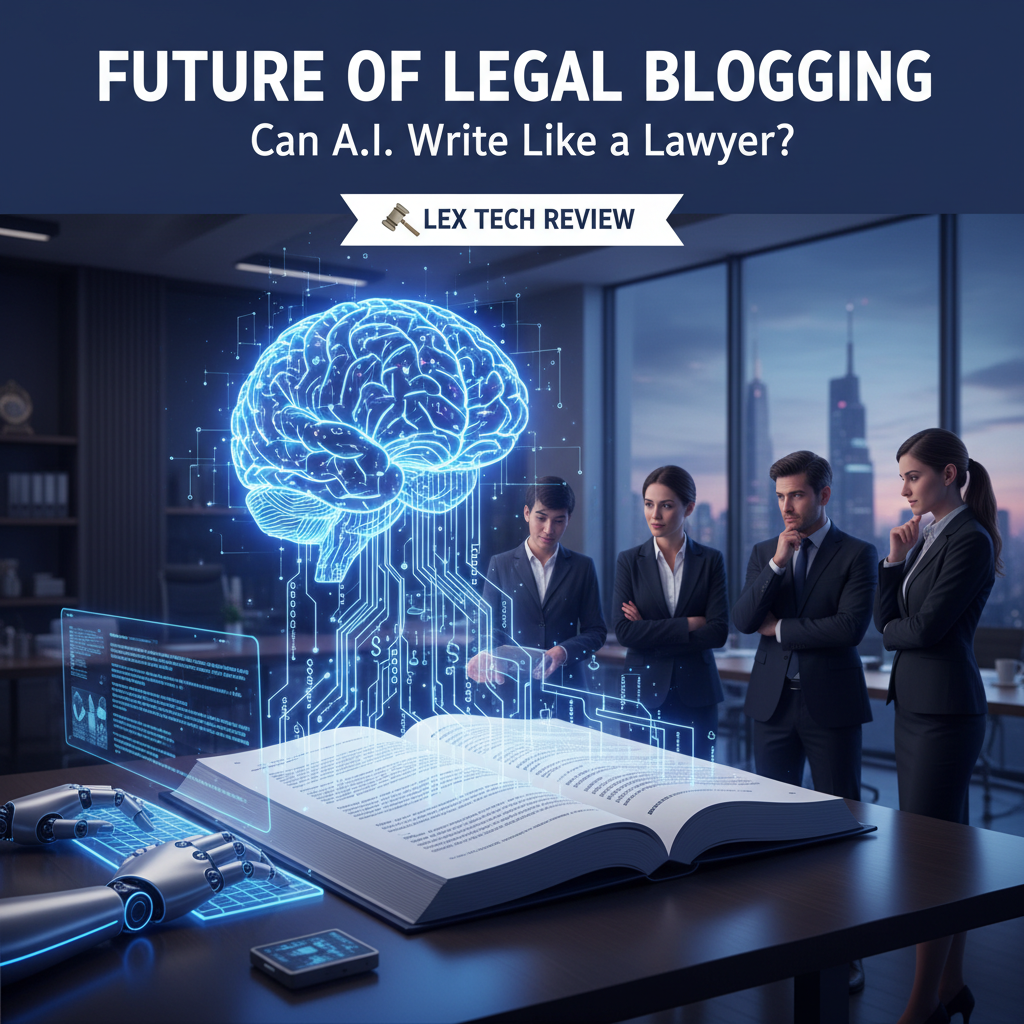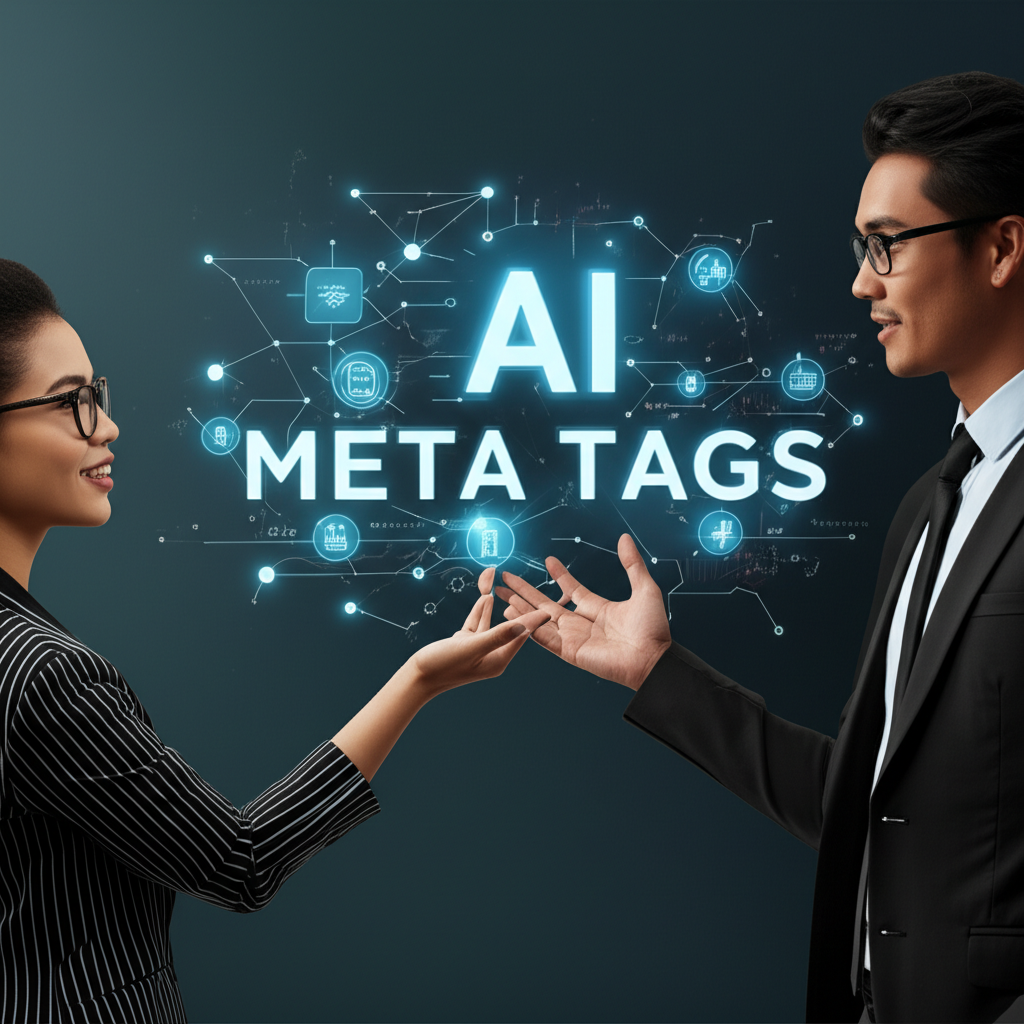Streamline Legal Research and Drafting with AI-Powered Tools at Your Law Firm
Estimated Reading Time: 7 minutes
- AI-powered tools are transforming legal research and drafting, enhancing efficiency and accuracy.
- Understanding AI integration is essential for IT professionals, legal secretaries, and attorneys.
- Key tools like Gideon, CoCounsel, and others are integral to modern practices.
- Implementing AI requires careful consideration of security, training, and compliance.
Table of Contents
- Understanding the AI Revolution in Legal Practice
- How to Streamline Legal Research and Drafting with AI-Powered Tools
- Automated Legal Research: From Hours to Minutes
- Document Analysis and Contract Review: Precision at Scale
- Intelligent Drafting Assistance
- Seamless Collaboration and Workflow Integration
- Tangible Benefits for Law Firms
- Leading Tools Transforming Legal Practice
- Critical Implementation Considerations
- Practical Takeaways for Legal Professionals
- The Future of Legal Practice
Understanding the AI Revolution in Legal Practice
The integration of artificial intelligence into legal operations represents one of the most significant advances in the practice of law since the advent of digital databases. Modern AI-powered tools are transforming legal research and drafting by automating time-consuming tasks, improving accuracy, and enabling law firms to deliver faster, higher-quality work. These technologies streamline workflows from case evaluation to document drafting, allowing lawyers to focus on strategic analysis and client service.
For IT professionals managing law firm technology, legal secretaries coordinating document workflows, and attorneys seeking competitive advantages, understanding these tools is no longer optional—it’s essential for staying relevant in today’s legal marketplace.
How to Streamline Legal Research and Drafting with AI-Powered Tools
The practical applications of AI in legal practice extend far beyond simple keyword searches. Today’s sophisticated platforms leverage machine learning algorithms and natural language processing to fundamentally change how legal work gets done.
Automated Legal Research: From Hours to Minutes
AI platforms such as Gideon, Harvey, vLex, and CoCounsel use machine learning and natural language processing (NLP) to analyze vast databases of statutes, case law, regulations, and firm documents. These large language models understand context and legal concepts in ways that traditional Boolean searches never could.
The impact on research efficiency is remarkable. These tools can quickly identify relevant precedents or statutes based on plain-language queries—reducing research time from hours or days to minutes. Instead of crafting complex search strings, attorneys can simply ask questions in natural language, such as “What are the recent cases on non-compete agreements in California?”
Generative AI provides comprehensive summaries with citations for case law or statutory authority that lawyers can further refine for accuracy. This capability transforms the research process from manual searching and reading to intelligent curation and analysis.
Document Analysis and Contract Review: Precision at Scale
Contract review and due diligence have traditionally been among the most time-intensive aspects of legal practice. AI changes this paradigm entirely. Tools like Kira Systems and Diligen automate the extraction of key clauses from contracts or due diligence documents—improving efficiency in M&A reviews or compliance checks.
These platforms excel at identifying risks by flagging unusual terms or missing provisions across large volumes of documents. For example, during a merger review involving thousands of contracts, AI can instantly identify all change-of-control clauses, non-standard indemnification provisions, or missing confidentiality terms. This capability not only saves time but also reduces the risk of human error in spotting critical issues.
Intelligent Drafting Assistance
Perhaps nowhere is AI’s impact more transformative than in document drafting. Generative AI assistants like CoCounsel draft legal documents using templates informed by Practical Law content; they suggest clause language tailored to specific jurisdictions or practice areas.
The process is remarkably intuitive. Lawyers can prompt these systems with plain-language instructions such as “Draft a non-disclosure agreement under New York law,” receiving initial drafts that are then customized as needed. This approach ensures consistency while freeing up attorneys’ time for higher-value work.
Seamless Collaboration and Workflow Integration
Modern AI solutions don’t exist in isolation. Many integrate directly into document management systems (DMS), Microsoft 365 environments, or firm knowledge bases—enabling seamless collaboration among team members during research projects or drafting cycles. This integration ensures that AI-generated insights and documents flow naturally into existing workflows without disrupting established processes.
Tangible Benefits for Law Firms
The advantages of implementing AI-powered legal tools extend across multiple dimensions of practice management:
- Speed: Dramatically reduces the time spent searching through legal texts or assembling first drafts. What once took junior associates days to compile can now be accomplished in hours or even minutes.
- Accuracy: Machine learning models trained on extensive legal data minimize human error in identifying relevant authorities. These systems don’t get tired or overlook details the way humans might during lengthy research sessions.
- Cost Efficiency: Automating repetitive tasks allows firms to handle more matters without increasing headcount. This scalability is particularly valuable for growing practices or those facing budget constraints.
- Quality Control: Standardizes outputs using vetted templates; helps ensure compliance with current laws and regulations. This consistency reduces the risk of errors and omissions across the firm’s work product.
- Risk Management: Identifies potential issues early through automated contract review and analysis features. By catching problems before they become liabilities, firms can better protect both their clients and themselves.
Leading Tools Transforming Legal Practice
Understanding the landscape of available tools helps firms make informed decisions about their technology investments:
- Gideon efficiently analyzes case law using machine learning algorithms, making it particularly valuable for litigation-focused practices.
- Kira Systems extracts key data points from contracts for due diligence and compliance reviews, excelling in transactional work.
- Diligen automates document analysis in M&A transactions; flags critical information rapidly, making it indispensable for corporate law departments.
- CoCounsel (Thomson Reuters) integrates advanced GenAI capabilities across Westlaw, Practical Law, and Microsoft 365; handles both research and drafting within a unified interface used by over 17,000 firms globally.
- Harvey is trained on both public legal data and proprietary firm materials; streamlines workflow automation at scale for large practices.
Critical Implementation Considerations
Successfully adopting AI technology requires thoughtful planning and execution. Law firms implementing these technologies should prioritize several key areas:
- First, ensure robust security and privacy controls given the sensitivity of client data handled by AI tools. This includes understanding where data is stored, how it’s processed, and what safeguards protect against unauthorized access or breaches.
- Second, provide comprehensive training so attorneys understand how best to leverage generative outputs while maintaining professional judgment over final work product. AI should augment human expertise, not replace it entirely.
- Third, stay updated as regulatory guidance evolves regarding responsible use of generative AI in legal practice. Bar associations and regulatory bodies are actively developing guidelines for AI use, and compliance is essential.
Practical Takeaways for Legal Professionals
For IT professionals managing firm technology, the key is selecting tools that integrate well with existing systems while providing robust security features. Focus on platforms that offer APIs and seamless data flow between applications.
Legal secretaries and paralegals should embrace these tools as productivity enhancers rather than threats to job security. By mastering AI-powered platforms, support staff can handle more complex tasks and provide greater value to their teams.
Attorneys must remember that while AI can dramatically improve efficiency, professional judgment remains irreplaceable. Use AI to eliminate drudgery and accelerate research, but always review and refine outputs to ensure they meet professional standards and client needs.
The Future of Legal Practice
The integration of AI-powered tools into law firm operations enables faster research turnaround times, more accurate contract analysis and drafting processes, and improved collaboration—ultimately delivering better outcomes for clients through enhanced productivity and quality control. As these technologies continue to evolve, firms that




